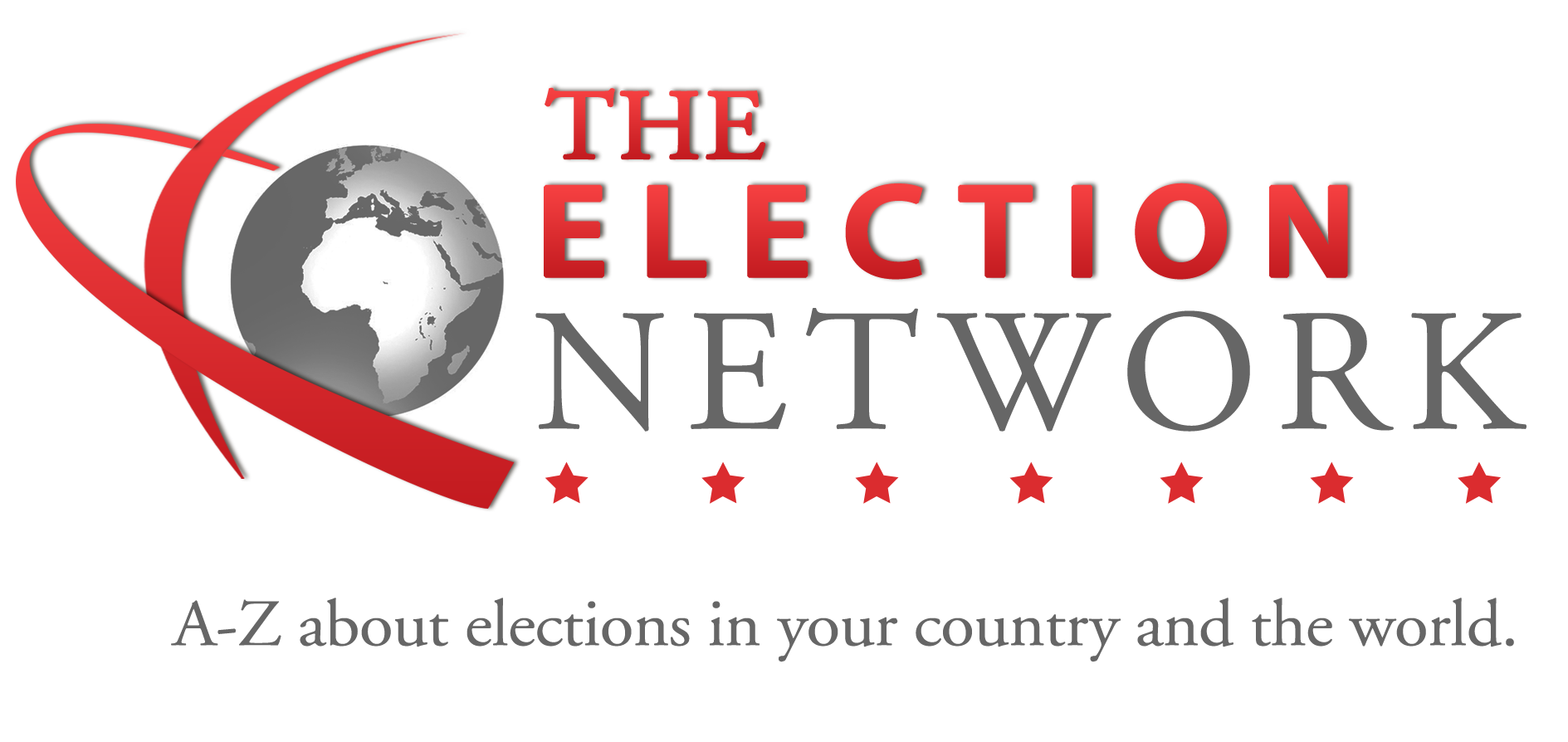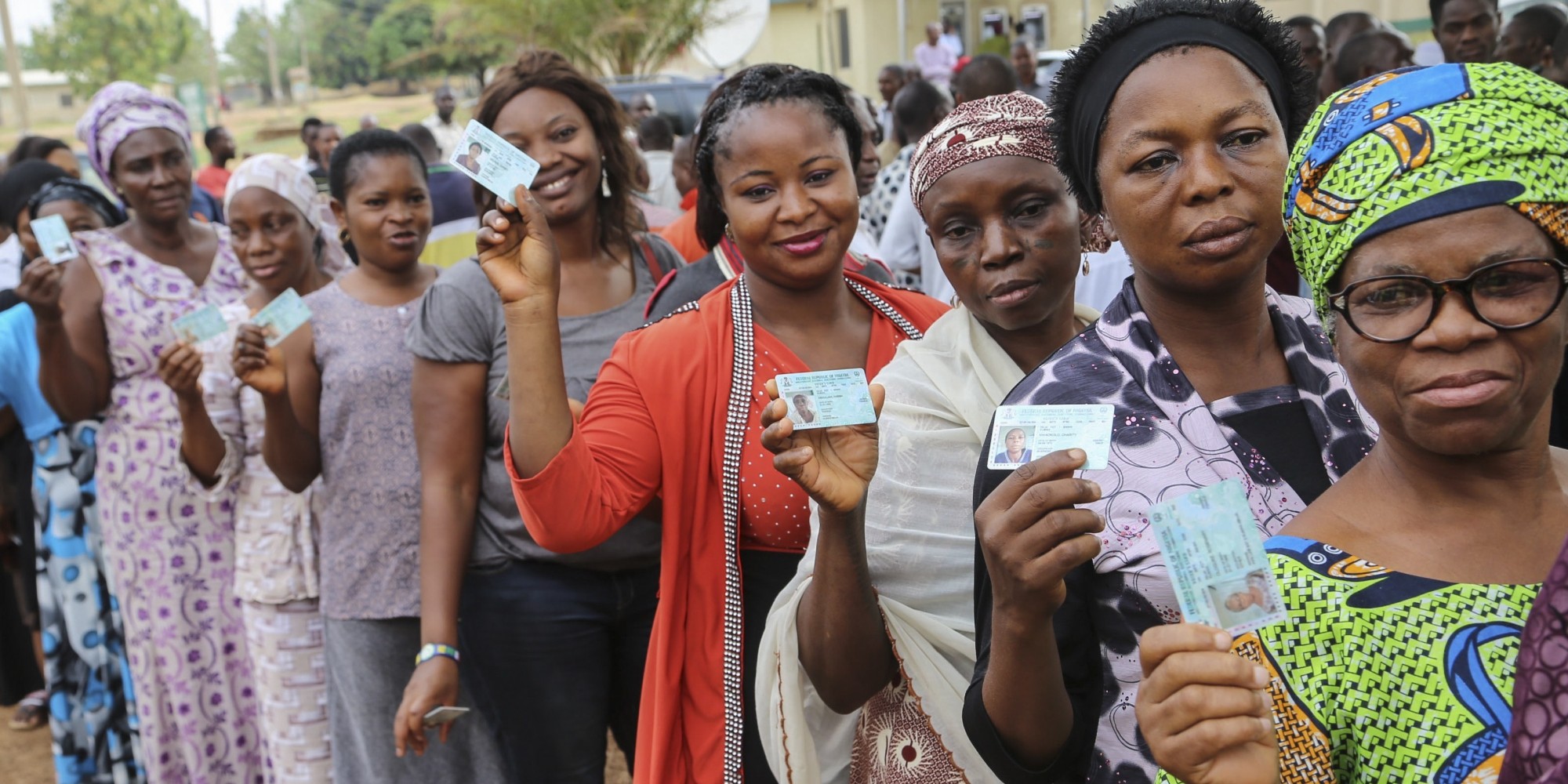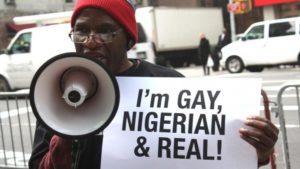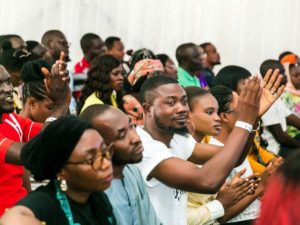A recent report by the Independent National Electoral Commission, the Nigerian electoral management body puts the total percentage of registered female voters at 47.1% (close to half of the voting population). Women form a significant base in the country’s electoral landscape but their interests are barely represented or acknowledged.
A 2018 Global Gender Report, ranked Nigeria as 133 out of 149 countries based on various indicators of gender parity including, economic participation and opportunity; educational attainment; health and survival; and political empowerment. To put it plainly: Nigeria is one of the worst performing countries in the world when it comes to equality of opportunity and women’s rights. The situation seems to be worsening too, as the 2018 figure was worse than it was in 2017, where Nigeria placed 122 out of 144 countries.
The nation heads to the polls in less than 20 days, and as usual, Nigerian women will come out en masse despite the fact that subsequent governments have paid no heed to demands for establishing laws that protect them and serve their interests.
A little over two years ago, the current Senate threw out the Gender and Equal Opportunity Bill which aimed at enacting laws against discrimination based on gender and thus improving women’s access to opportunities. It was rejected by the majority of Senators, who argued that such bills were “un-African” and not in alignment with the religious and cultural beliefs of Nigerians.
The flimsiness with which the legislative arm of government dealt with that Bill creates some concerns as to how the next government will handle the matter of women’s rights. The Buhari-led administration has not seemed particularly concerned over women’s right and the fact that a Bill which affects nearly half of the country’s population was simply dismissed and not given more attention. However, this might not be shocking, considering that Mr. Buhari shares some rather archaic ideas of where women belong to in the society.
While Buhari might have stated that he is on board with the passage of the Gender and Equal Opportunity Bill and the implementation of 35 percent affirmative action, it could be considered campaign talk given his performance on this front. Only about six women formed his cabinet of 36 ministers but Buhari still makes a deal out of his promise to appoint 35 percent females into his cabinet if he is re-elected. Perhaps the polls will indicate whether or not Nigerian women will take him up on that promise.
On the opposition front, we have Abubakar Atiku, the candidate of the Peoples Democratic Party (PDP), who by most accounts, presents a more progressive front on women’s issues than his rival Buhari. Atiku promised about 40 percent of his cabinet positions to women and youths and also promises the creation of a special tribunal for crimes against women including domestic violence, physical or sexual abuse, and rape. Additionally, he promises to increase the representation and retention of women in government and business, through quotas for women on politics and corporate boards. However, his campaign high command does not reflect anything close to his promises, as it looks like a boys’ club.
Atiku’s declaration remains appealing, until one pokes into how his administration plans to allocate the 40 percent appointment between youth and women. The leading question for Atiku then is, what takes precedence in the allocation, gender or age group? The answer to that question will determine whether women will be better represented in his administration than we have seen with the incumbent.
It is worth noting that Atiku’s campaign has highlighted practical steps through which it will increase gender parity across various spheres. Including through incentivizing studies for girls in sciences, technology, engineering and mathematics (STEM) through scholarships, and placement opportunities in relevant fields; provision of microfinance and financing schemes specifically targeted at youth and women; a general sensitization of the public to youth and gender issues using the media, religious institutions and targeted workshops; and perhaps most importantly, actively encouraging the passage of the Gender Equality Bill while dedicating resources to resolve any blockages.
It is impossible to foretell how either candidate would perform if elected. However, this analysis could serve as an indication of each candidate’s inclination towards women’s issues. We have a sitting President who is known for saying that his wife belongs in the kitchen and “the other room”, and under whom a bill targetting women’s rights was thrown out twice. On the other hand, we have a candidate who has made extensive assurances, and who does not seem to limit his wives to either one room nor the other.
Depending on how you look at it, Nigerian women have either an easy or a difficult decision to make on February 16th.




